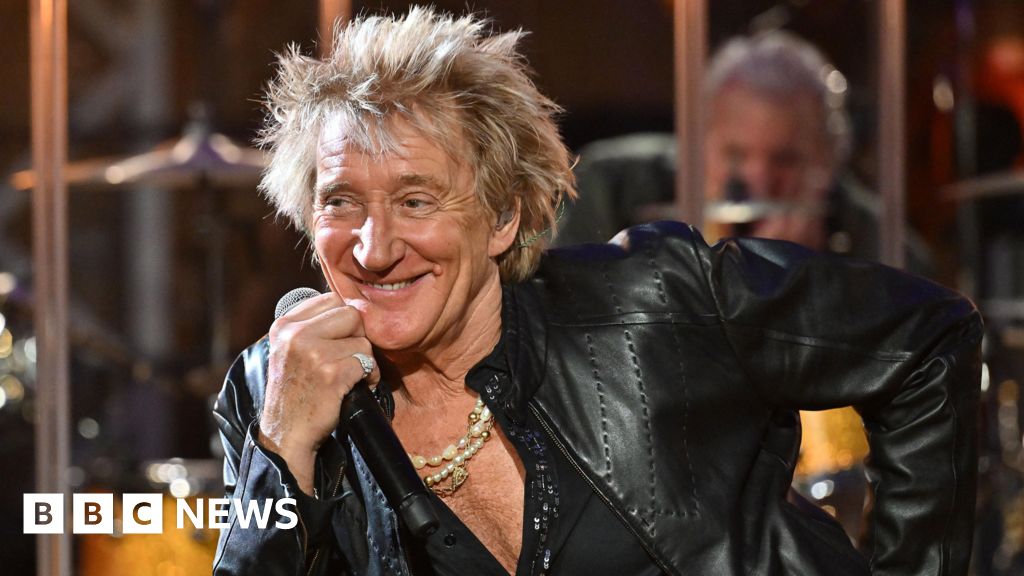A district judge sided with tech giant Meta on Wednesday in a major copyright infringement case, Richard Kadrey, et al. v. Meta Platforms Inc. It marks the second time this week that tech companies have scored major legal victories over AI copyright disputes against individuals.
In the case, 13 authors, including Richard Kadrey, Sarah Silverman, Junot Diaz, and Ta-Nehisi Coates, argued that Meta violated copyright laws by training its AI models on their copyrighted works without their permission. They provided exhibits showing that Meta's Llama AI model could thoroughly summarize their books when prompted to do so, indicating that the AI had ingested their work in training.
The case was filed in July 2023. During the discovery phase, it was uncovered that Meta had used 7.5 million pirated books and 81 million research papers to train its AI model.
On Wednesday, U.S. District Judge Vince Chhabria of San Francisco ruled in a 40-page decision that Meta's use of books to train its AI model was protected under the fair use doctrine in U.S. copyright law. The fair use doctrine permits the use of copyrighted material without obtaining permission from the copyright holder in certain cases. What qualifies as fair use depends on factors like how different the end work is from the original and whether the use harms the existing or future market for the copyrighted work.
Chhabria said that while it "is generally illegal to copy protected works without permission," the plaintiffs failed in this case to show that Meta's use of copyrighted material caused "market harm." They didn't show, for instance, that Meta's AI spits out excerpts of books verbatim, creates AI copycat books, or prevents the authors from getting AI licensing deals.
"Meta has defeated the plaintiffs' half-hearted argument that its copying causes or threatens significant market harm," Chhabria stated in the ruling.
Furthermore, Meta's purpose of copying books "for a transformative purpose" is protected under the fair use doctrine, the judge ruled.
Earlier this week, a different judge came to the same conclusion in the class action case Bartz v. Anthropic. U.S. District Judge William Alsup of San Francisco stated in a ruling filed on Monday that $61.5 billion AI startup Anthropic was allowed to train its AI model on copyrighted books under the fair use doctrine because the end product was "exceedingly transformative."
Anthropic trained its AI on books not to duplicate them or replace them, but to "create something different" in the form of AI answers, Alsup wrote. The ruling marked the first time that a federal judge has sided with tech companies over creatives in an AI copyright lawsuit.
Now Chhabria's decision marks the second time that tech companies have triumphed in court against individuals in copyright cases. The judge noted that the ruling does not mean that "Meta's use of copyrighted materials to train its language models is lawful," but only means that "these plaintiffs made the wrong arguments" and that Meta's arguments won in this case.
"We appreciate today's decision from the Court," a Meta spokesperson said in a statement on Wednesday, per CNBC. "Open-source AI models are powering transformative innovations, productivity and creativity for individuals and companies, and fair use of copyright material is a vital legal framework for building this transformative technology."
Other AI copyright cases are making their way through the courts, including one filed by authors Kai Bird, Jia Tolentino, Daniel Okrent, and several others against Microsoft earlier this week. The lawsuit, filed in New York federal court on Tuesday, alleges that Microsoft violated copyright by training AI on the authors' work.


/Apple%20Inc%20logo%20on%20Apple%20store-by%20PhillDanze%20via%20iStock.jpg)

.jpeg)




 English (US) ·
English (US) ·